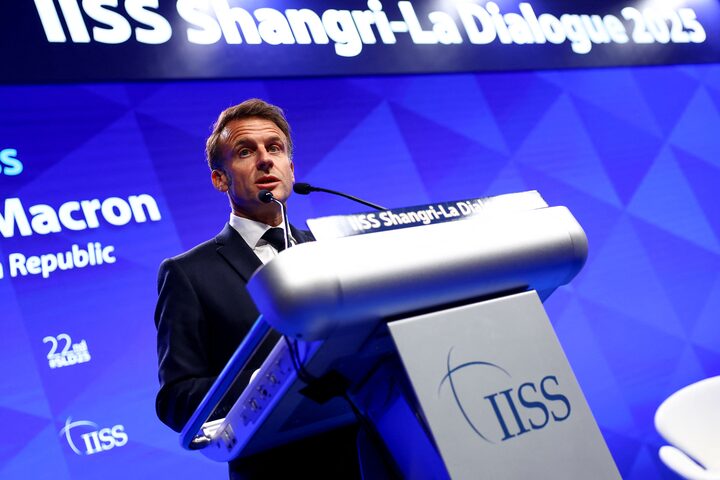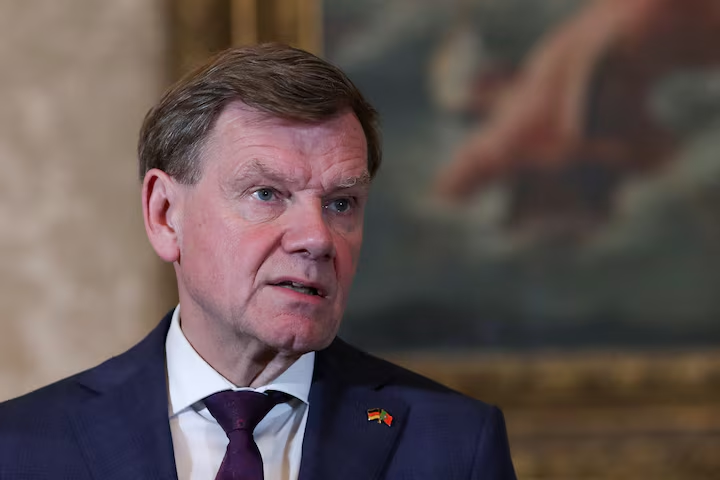French President Emmanuel Macron has declared that the division between the United States and China is the most serious threat facing the world today, warning that global polarization could undermine peace and stability.
Speaking at the Shangri-La Dialogue security summit in Singapore, Macron emphasized that escalating competition between Washington and Beijing risks drawing other nations into a broader confrontation. “The division between the U.S. and China is the biggest risk confronting the world now,” Macron said. He urged leaders to resist binary geopolitical thinking and instead push for dialogue and multilateral cooperation.
Macron’s remarks come amid deepening tensions between the two superpowers over issues including Taiwan, trade, technology, and the South China Sea. The French leader warned that current dynamics could lead to what he called “a spiral of escalating misunderstanding.”
“We need to avoid a scenario where nations are forced to choose sides,” he said, appealing for Europe and Asia to assert themselves more independently in global affairs.
The French president also stressed the importance of strategic autonomy for Europe, calling on EU states to develop their own path in global diplomacy. Macron has long advocated for a stronger European voice in foreign policy, independent of the U.S. or China.
While affirming France’s alliance with the United States, Macron cautioned against automatic alignment. “Being allies does not mean being vassals,” he said, reiterating the need for sovereign policy choices.
In the same address, Macron also touched on the importance of the Indo-Pacific region, which he said must remain “open and inclusive.” He emphasized the role of ASEAN countries and other middle powers in maintaining balance in the region.
Observers noted that Macron’s comments come at a sensitive time. U.S. and Chinese military officials have recently resumed limited dialogue, but mistrust remains high. Washington continues to strengthen its alliances in Asia, while Beijing has responded by consolidating its own strategic partnerships.
Macron also used the occasion to highlight the broader need for a global order based on rules and mutual respect. “We need a multipolar world where powers cooperate on shared challenges such as climate change, trade regulation, and global health,” he said.
His speech was received with interest by summit attendees, many of whom represent countries wary of being caught between two giants. Some diplomats described the address as a call for moderation and strategic diplomacy in an increasingly fragmented world.
Macron’s visit to the Shangri-La Dialogue underscores France’s ambition to play a more active role in Asia-Pacific affairs, building on its military and economic presence in the region.
The French president is scheduled to meet with several regional leaders on the sidelines of the summit to further discuss security cooperation, economic development, and joint climate action.
As tensions between the U.S. and China continue to rise, Macron’s message of balance and dialogue is being closely watched by policymakers around the world.
Source; Reuters



